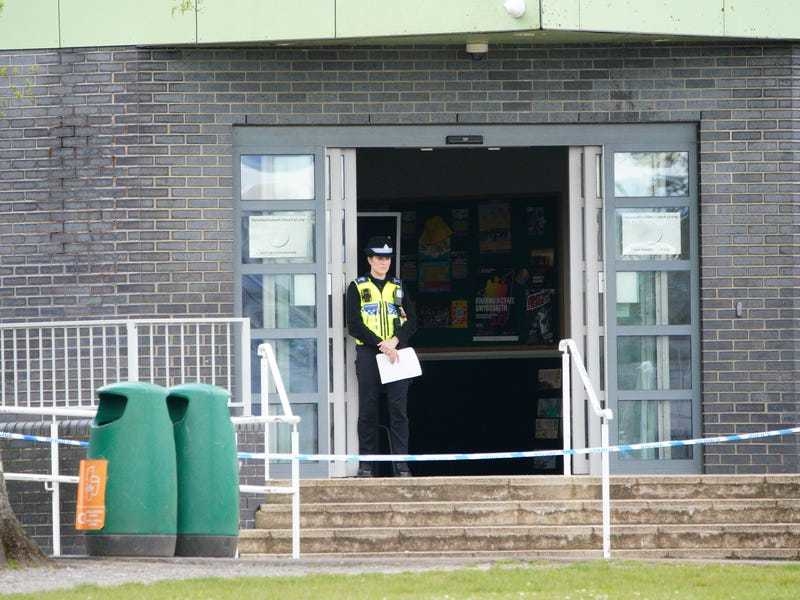The boy smiled in the way the young do when in the company of the very old, with a mixture of sympathy and indulgence. I know he was thinking, ‘Poor old Pops, he hasn’t seen half the places I have’. He may be right: his parents spoil him and he goes everywhere with them without going further than the spare bedroom, which they have converted into a travel space. They began their adventures in about 2060, when the boy was a toddler just beginning to understand the wonders of the world and now they’re away most weekends. In the last few months, they have gone on trips to Denali in Alaska to watch brown bears fishing and to the Madikwe in South Africa, where they stalked zebra. They have walked part of the Great Wall of China, seen marine iguanas in the Galapagos, ridden an elephant in Rajasthan and in Wyoming they witnessed the great elk migration. Last weekend they were in New Zealand looking at the wonders of Rotorua. They found it so fascinating that next month they’re off to North America again specially to see Old Faithful erupt in Yellowstone Park. They must be among the most travelled of families, and all without setting foot outside their home. They are lucky. But they’re not as lucky as me.
In practical terms, all leisure travel ended around 2025. The virus that emerged at the end of 2019 was soon identified and almost at once pharmaceutical companies and academic institutes began creating vaccines to combat it. Within a year immunisation programmes were being rolled out worldwide, but even as their efficacy was being measured new mutations of the virus were popping up. Among the first was the South Africa strain, then the Brazil variant, another from China and several from Europe. For the first few years, the United Kingdom tried various methods of control from lockdowns, during which people were forced to stay in their homes while those arriving from overseas were incarcerated in hotels converted into relatively comfortable prisons. Then came the complete ban on movements in and out of the country. Even local journeys were strictly limited. Governments worldwide introduced similar measures.
The months turned into years and all the time we were being told the emergency measures were temporary and would be eased and eventually lifted completely when general population immunity was achieved. Of course, it never was. The genie was out of the bottle and all the efforts of 21st-century science couldn’t put it back. This genie had the power to shapeshift in such a way that it could never be completely controlled. A vaccine effective against one, two or even three variants proved ineffective against the fourth or fifth. There were positive signs. People were no longer dying of the illness in such numbers, but governments which had given themselves extraordinary powers refused to allow citizens to make their own personal decisions. Control was absolute.
Delta was the first major airline to announce it was mothballing its fleet in the Mojave Desert and others soon followed. Hundreds of cruise ships were laid up rusting in ports around the globe. Rail networks failed ,with only a few short-range commuter services running. The world had ground to a halt by 2030.
Only extreme conservationists cheered, but their joy was short lived as the planet continued to warm and it was clear the effect of planes and boats and trains had been insignificant. Nature, supreme in all things, continued as she had for millions of years regardless of what creatures lived, evolved or died.
Yes, my great-grandson is lucky to see so much of the world, but I’m luckier. I have memories of real travel. For all their virtual experiences the youngsters of 2070 can’t appreciate what it was like to experience a bison in Yellowstone so close that you could feel its breath. They will never smell the sulphurous malodour of Rotorua, touch the ancient stones of the Great Wall, taste the ozone during a giant electrical storm in Big Bend, Texas, or hear the wrenching of a slab of ice as big as a skyscraper as it breaks away from the Hubbard glacier. Oh yes, I am the fortunate one, but when my generation has passed away all these things will be lost.
For more comment and opinion pieces, see today’s Jersey Evening Post.






